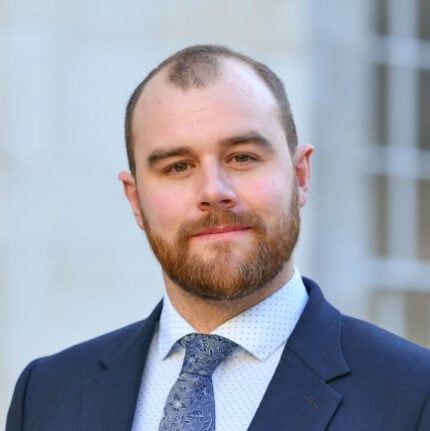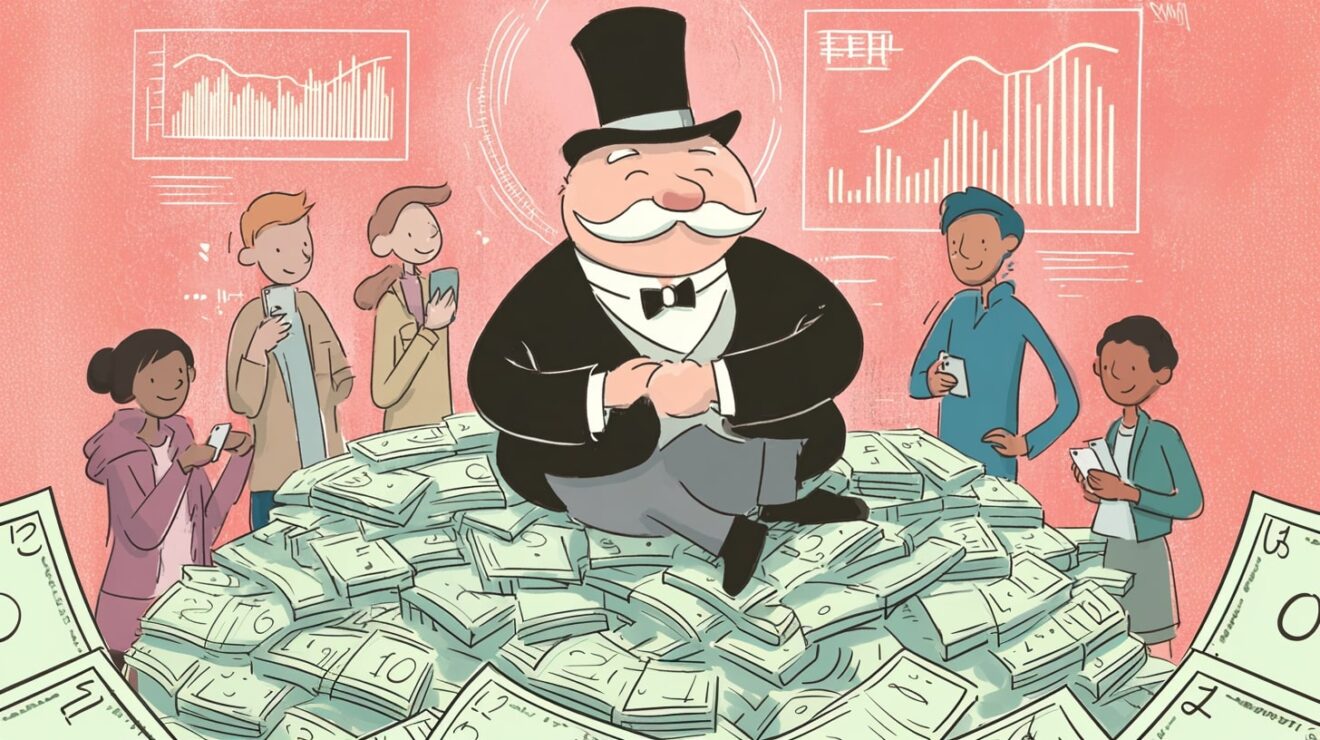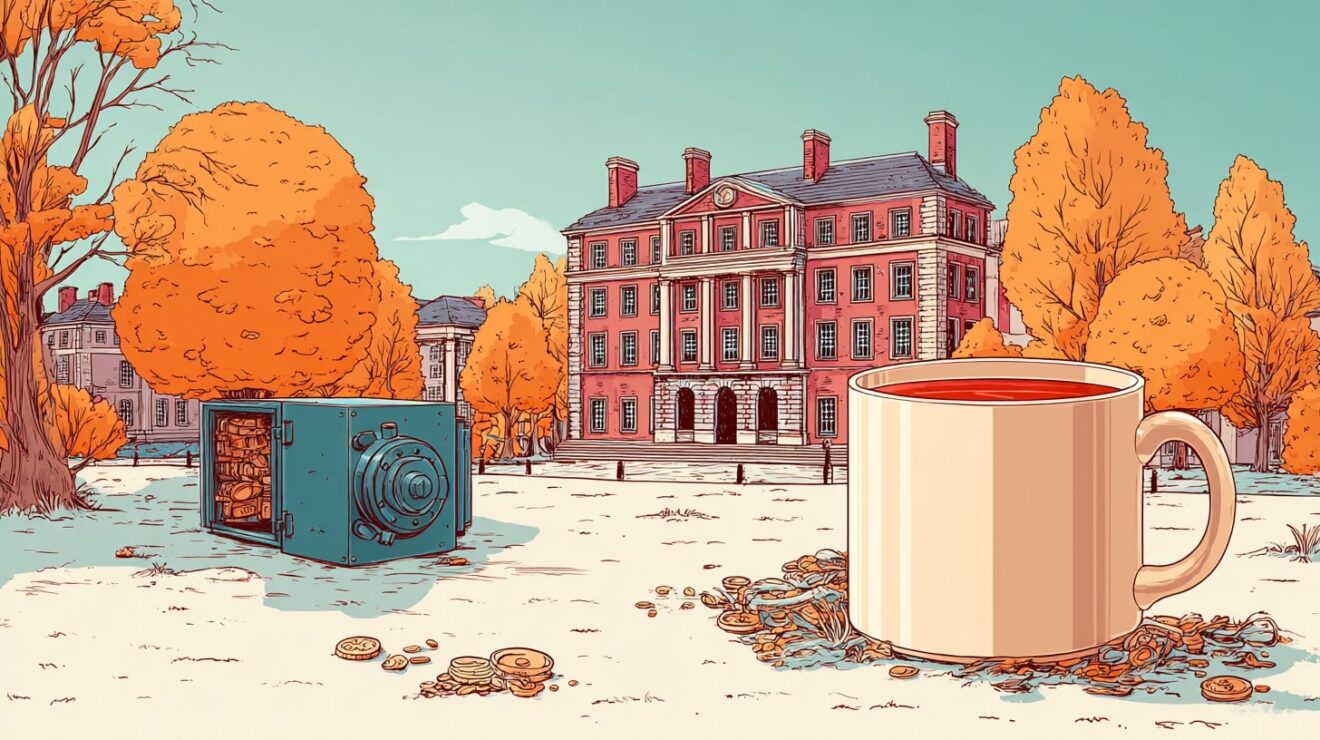Readers of Wonkhe need no reintroduction to the storm surge of bad news that, wave after wave, is washing over the sector’s defences and causing the majority of UK institutions to take drastic financial evasive action.
Given that the government’s response to the growing financial crisis in UK higher education seems to be “let’s do a ranking of vice chancellor salaries compared to graduate salaries” and “let’s introduce an international student levy that the Australian Government decided was a bad idea,” it also seems pretty clear that the sector isn’t exactly cutting through with its political affairs arguments.
In other words, the sector has to generate our own solutions to the problems we face.
On the back foot and retreating
On 25 June The Venn University Leaders Forum will convene senior academic and professional service leaders from across the sector to provide them with the space, inspiration and facilitation needed to help develop these solutions.
The Venn will feature interactive sessions focused on geopolitical scenario response, unconferences, challenges “from the vice chancellor’s desk” and perspectives from North America and from outside higher education. Most importantly it will take the conversations in the margins’ of conferences that so many of us find the most valuable part of these forums – and provide the space and format for that to happen during the main programme.
We need a better playbook
In adjusting to permacrisis, one of the challenges universities and the sector has as a whole is that we risk spending all our time and energy raising the shield to fend off each individual wave of issues; and wielding the sword only in a defensive, reactive measures to trim staff numbers, cut courses and reduce expenditure.
There are two risks to this approach. First, institutions can’t “take a breath” to think about how they adapt to the new reality, leading to constant reactive churn, burnout of staff, and leadership feeling under siege. This reminds us of that moment in about February 2021 when the adrenaline of dealing with successive Covid impacts and new variants started to seriously ebb away from those within universities, and institutional leaders started to think longer term about how to turn ‘crisis-response mode’ into ‘crisis-as-usual’.
Second, the sector misses the tsunami lurking on the horizon and fails to invest in measures that either avert or prepare for a much larger impact. Given that on almost every occasion in the last decade we’ve said, “oh, that couldn’t possibly happen” only for the Darkest Timeline to be victor – it’s now odds-on that a Farage-Badenoch ticket will sweep to victory in the next General Election. How is higher education preparing for this possibility?
“Telling people what do” isn’t working
When I was in the US recently as part of the CASE Global Leaders Programme, a senior representative from one of the US university associations said they had a shared bingo card with their colleagues that they used every time a university president said “we just need to tell our story better… we need a ‘Got Milk’ campaign.” But we’ve been trying versions of that for a while, and nothing has changed. It’s no longer sufficient for higher education to “tell” better. It needs to “do” better.
For universities, the question is now no longer “how do you do more with less?” Instead, it is becoming “how do you do less with less?” – and what do you stop doing entirely? As difficult as the current situation may seem, the sector still has the resources, political capital and ingenuity to make bold, impactful choices about what it does differently. This includes new models of delivery that might change the public and political narrative, shift the dial financially and maybe even divert the worst case scenario. Critically it has the opportunity to look at what is happening around the world – most strikingly in the US – and learn what to do (and what not to do).
This article is published in association with The Venn – find out more about The Venn and apply to attend here. Wonkhe is partnering with The Venn to create a dialogue between the event and our upcoming Festival of Higher Education on 11–12 November – early bird tickets are now on sale.













